By Abiola Anyankunbi
In the evening hours of August 18, 2024, the 48- hours ultimatum given to Ooni of Ife by Alaafin of Oyo based on alleged over stepping bounds over chieftaincy title trended on the internet. Readers’ hope was dashed on the following day being August 19, 2025. The reason being that the mainstream media went blank; virtually all of them did not publish news item on the emerging rift between the two formidable traditional rulers in the South West. However, the mainstream media reported the developments in their print editions of August 20, 2025. On August 27, 2025, Oba Joseph Oloyede, Apetu of Ipetumodu was convicted for fund fraud in respect of $4.2m COVID-19 in United States of America (USA). Regrettably, some of the media firms did not report this incident.
Furthermore, attributions are not being adequately made concerning most of the reports. Ordinary member or a non-member of an organization will be quoted to be speaking on behalf of an organization and the media will go to town with it. This is common in news items that involve Afenifere, a Yoruba social-cultural group that is factionalized. Ohaneze, Igbo cultural association that has no factions is being reported in a similar manner. The same thing is often applicable to reports that concern tribe, ethnicity, and religion. Expectedly, newspapers had different perspectives on the recent demolition of Alaba rago market in Lagos State. Virtually, all the mainstream media are guilty of this; the difference being the frequency of the occurrence.
Mainstream media would have been earning money based on perceived credibility associated with a print media but some of them are often involved in “fake news” dissemination. In as much as editors cannot be completely neutral, they need to be non-partisan and report as it is. There is a naked partisanship that encourages unbalanced reporting to a very high pedestal. Some newspapers are exhibiting a very strong reputation for exaggerations and unwarranted embellishments. Presently, most of the reports are full of speculative assumptions, unsubstantiated claims, unproductive hypotheses, misguided theories, fanciful notions, obvious falsehoods, glaring inaccuracies, blatant lies, fallacious reasoning, and egregious errors,
Mere reading the captions would show that something is not adding up! Headlines won’t reflect in the entire story. Many news items are failing the 5Ws (where, why, what, when, & who), and H (how). A common rule among media practitioners is that reporters should answer all six of these questions in the lead paragraph of their news items. Answering these questions gives such a reporter the full story about a particular subject. At most, these 5Ws & H ought to be spotted in the first two paragraphs of any news items but the contrary is the case in many instances.
Sometimes in December 2007, Chief Ajibola Ogunshola, former Chairman of The Punch was displeased with the lead headline about former president Obasanjo approving the transfer of Bakassi that was credited to the then national assembly. He justifiably queried the choice of the headline especially when it was at variance with the import of the story. It was the belief of the majority that the problematic headline led to the removal of Alhaji Yussuf Alli as The Punch’s editor on December 9, 2007 having edited the publication for 1 year and 2 months (October 25, 2006 – December 9, 2007). This type of thoroughness as demonstrated by
Chief Ogunshola is lacking in today’s newsrooms.
Instances as enumerated above can be classified as spreading of fake news, disinformation, propaganda, misinformation, falsehoods, rumors, hoaxes, deception, fabrication, untruths, etc. These terms all refer to information that is incorrect, misleading, or false, and can be used in different contexts to describe various forms of fake news. In a bid to reduce operational costs, positions of the gatekeepers who would have been detecting the errors have been eliminated in most of the media firms. However, this shouldn’t be an excuse for the occurrence of the avoidable error. Consistencies of this type of error points to laziness on the part of the concerned editors or that the writers or editors are compromised for whatever gains.
Truly, investigative journalism is gasping for breath. Editors should be alive to their responsibilities by doing the needful. The integrity of newspaper editors is fundamental to the credibility and trustworthiness of journalism. However, when editors are compromised, the consequences can be far-reaching, impacting not only the publication but also the public’s perception of the media as a whole. Compromised newspaper editors can have a profound effect on the quality and accuracy of reporting. Whether due to external pressures, personal biases, or financial incentives, compromised editors can undermine the very foundations of journalistic integrity.
Media regulatory bodies are aware of this development. In 2021, the Newspaper Proprietors Association of Nigeria (NPAN) once asked media firms to set up an internal ombudsman mechanism. Specifically, the NPAN Executive Council gave its members a deadline of November 21, 2021 to establish this mechanism, aiming to promote responsible journalism, transparency, and accountability within the industry. Key roles of ombudsman mechanisms are to uphold journalistic standard, mediate conflicts, accountability, and protect public’s right to know. Presently, save for a few of them, many of the media firms are yet to have a functional ombudsman.
While towing the same line, the Nigerian Guild of Editors (NGE) has equally asked media firms to set up fact-check desks to combat fake news, misinformation, and disinformation. This decision was made during a workshop organized by the European Union (EU) in collaboration with NGE in Lagos on July 25, 2025. The initiative aims to strengthen the credibility of journalism in Nigeria and safeguard democracy, especially ahead of the 2027 general elections. It is rather coming too late but it is better late than never. Key objectives of this fresh initiative are verification of news tips, promotion of accurate reporting, and strengthening public trust in the media by combating misinformation. NGE promised to organize trainings on fact-checking for newsroom managers and line editors. The body encourages media firms to verify information and cross-check-facts with each other. Besides, it plans to set up disinformation counter groups across its zonal structures to proactively address false narratives. As noble as this action of NGE is, it failed to set a deadline to media firms for the establishment of fact-check desks.
The role of a newspaper editor is to ensure that the news is reported accurately, fairly, and without bias. However, when editors are compromised, this role is severely undermined, potentially leading to misinformation and a loss of public trust. When editors are compromised, it can have significant consequences for the integrity and credibility of a publication or media outlet. Some potential implications include biased or distorted content. Compromised editors may produce content that is influenced by external factors, such as financial gain, personal relationships, or political agendas. If editors are seen as compromised, readers may lose trust in the publication, leading to a decline in credibility and reputation. Compromised editors may prioritize sensationalism or clickbait over fact-based reporting, thereby spreading misinformation.
Maintaining the integrity of editors and journalists is crucial for ensuring the credibility and trustworthiness of a publication or media firm. It is essential to take corrective measures such as conducting a thorough investigation to determine the extent of the compromise. Implementing disciplinary measures, such as removing the compromised editor or imposing new guidelines. There is a need to work harder, to rebuild trust with readers and the wider community by prioritizing transparency, accountability, and high journalistic standards. Daily editorial conference should be improved upon and not relegated to a WhatsApp platform discussion group! To mitigate these risks, it is essential to prioritize fact-checking, verification, and responsible journalism practices.
As the media landscape continues to evolve, it is crucial that newspaper editors remain committed to the principles of fair and accurate reporting, free from compromise and external influence. By recognizing the risks and consequences of compromised editors, publications can take steps to protect their reputation and ensure that their reporting remains trustworthy and unbiased.


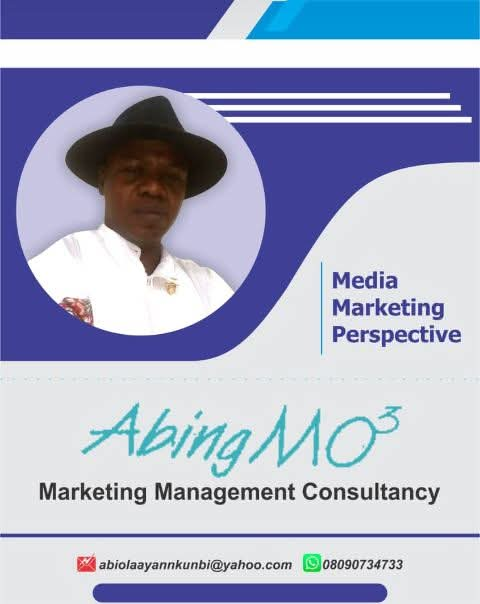
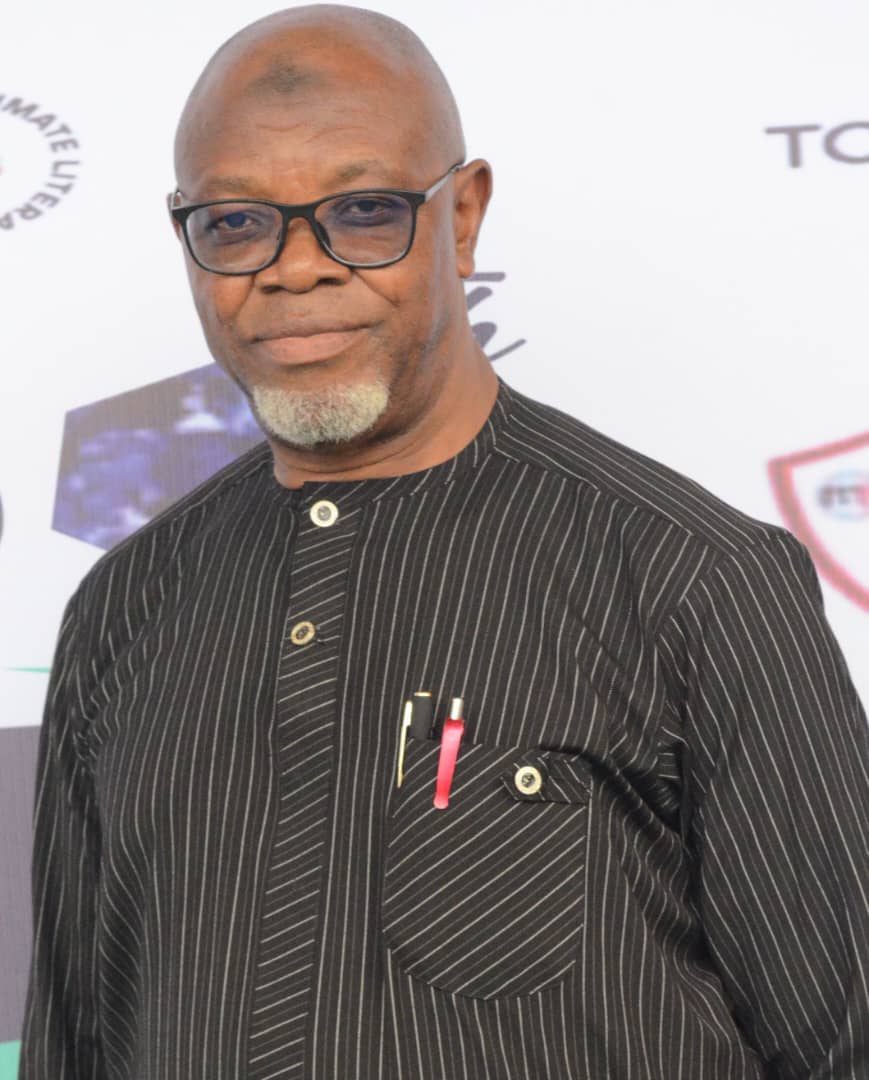



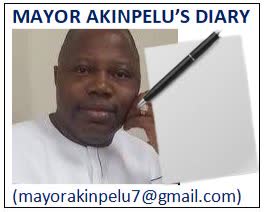
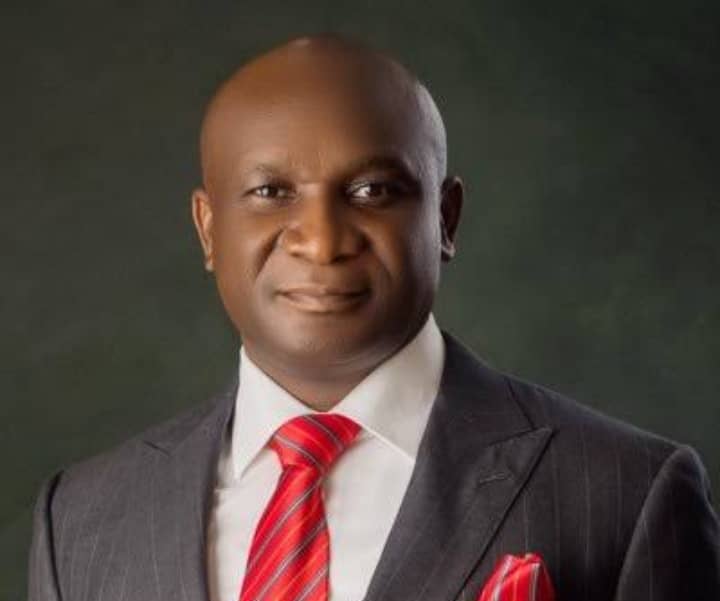

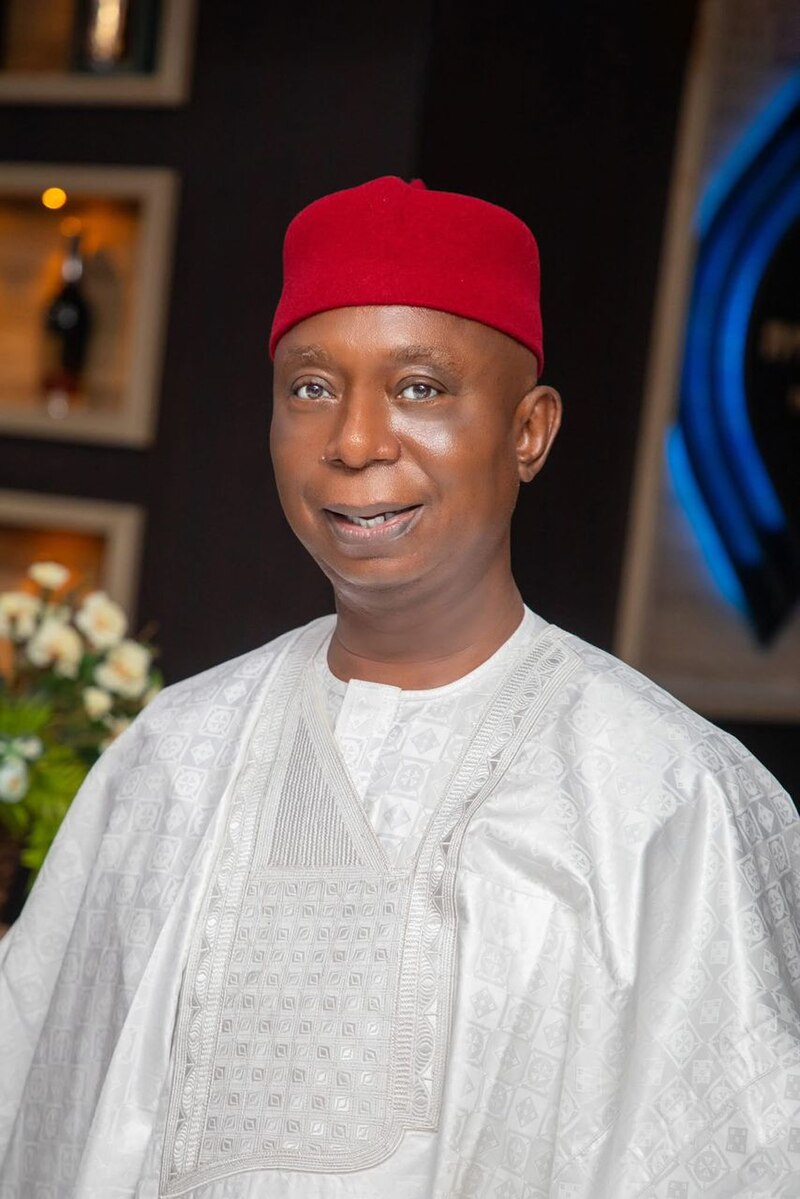
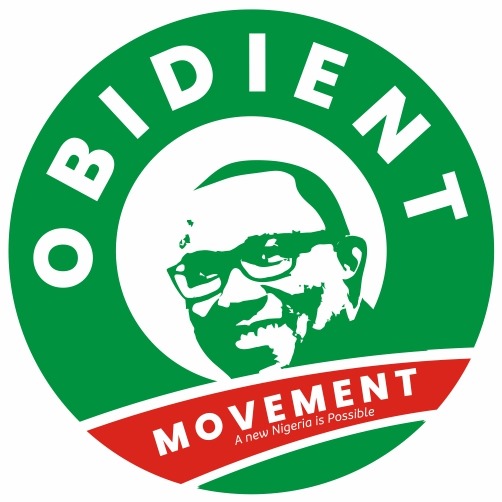
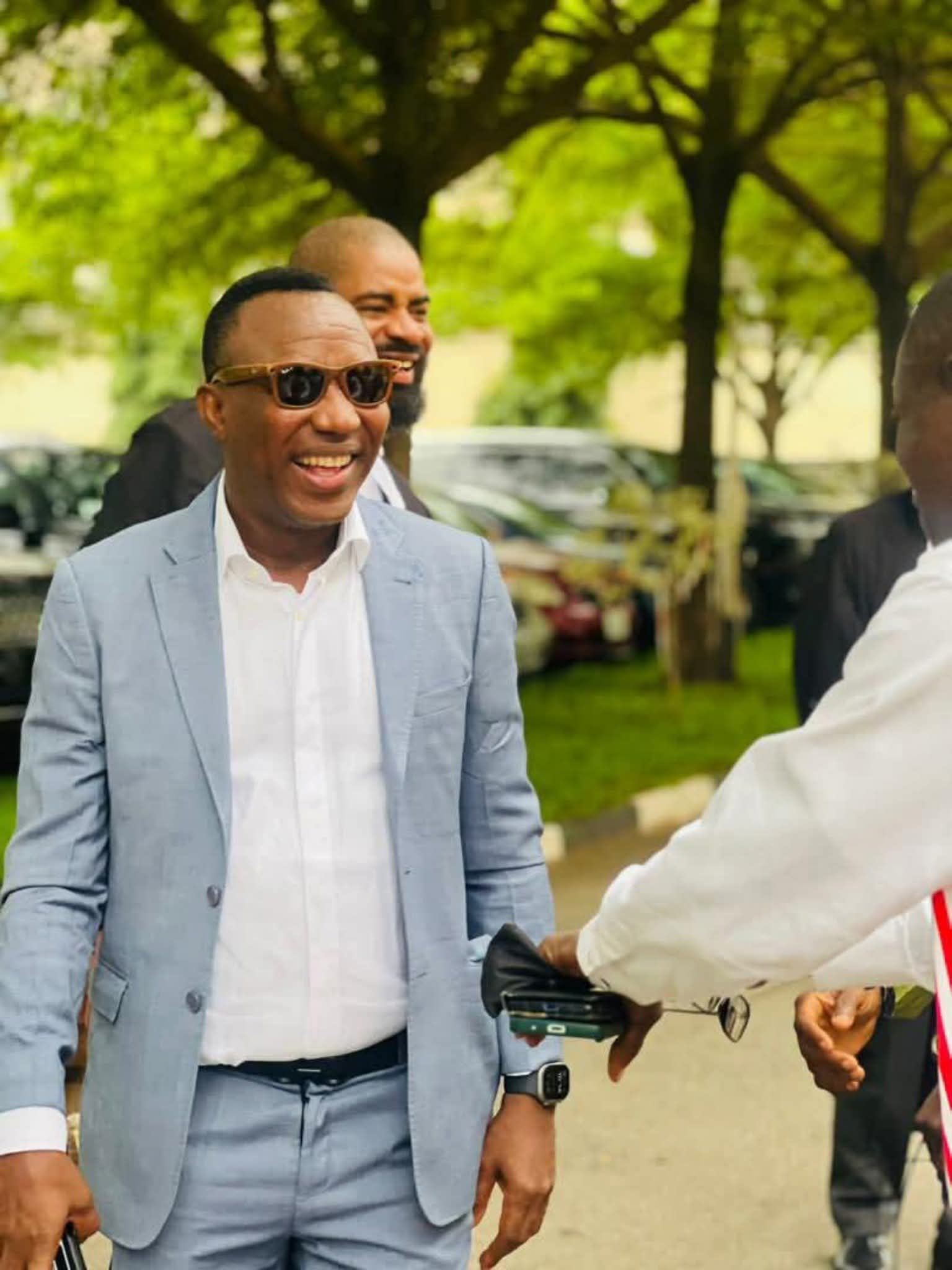
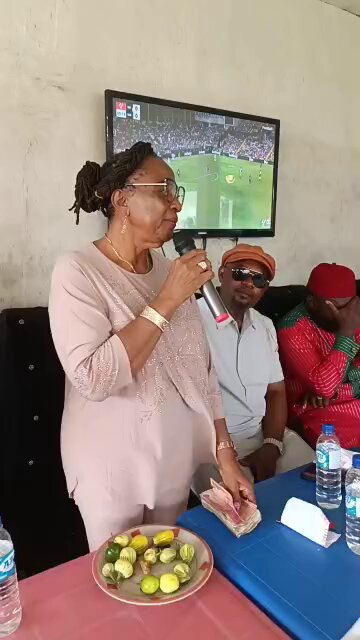
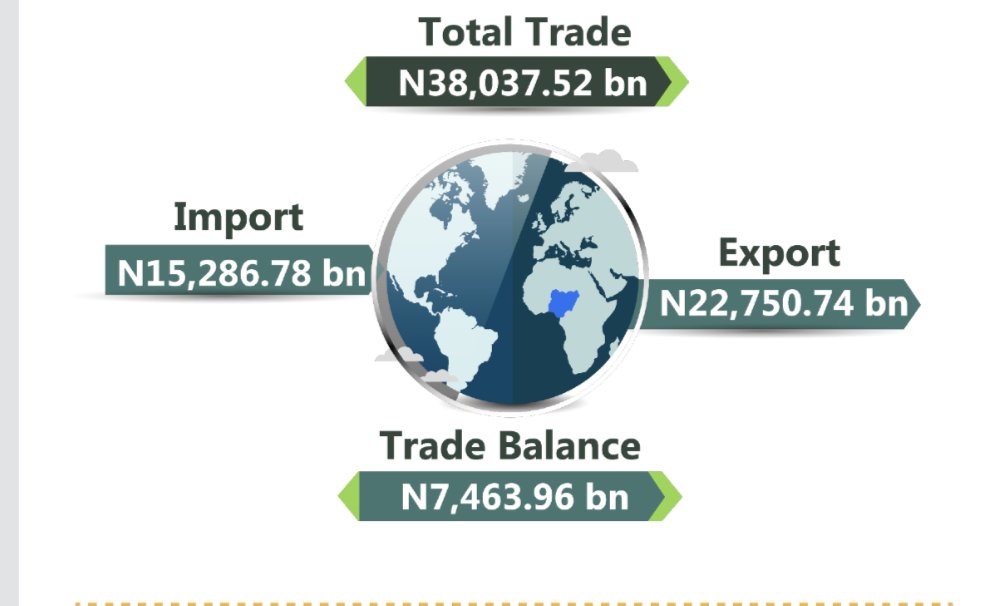
Leave a Reply